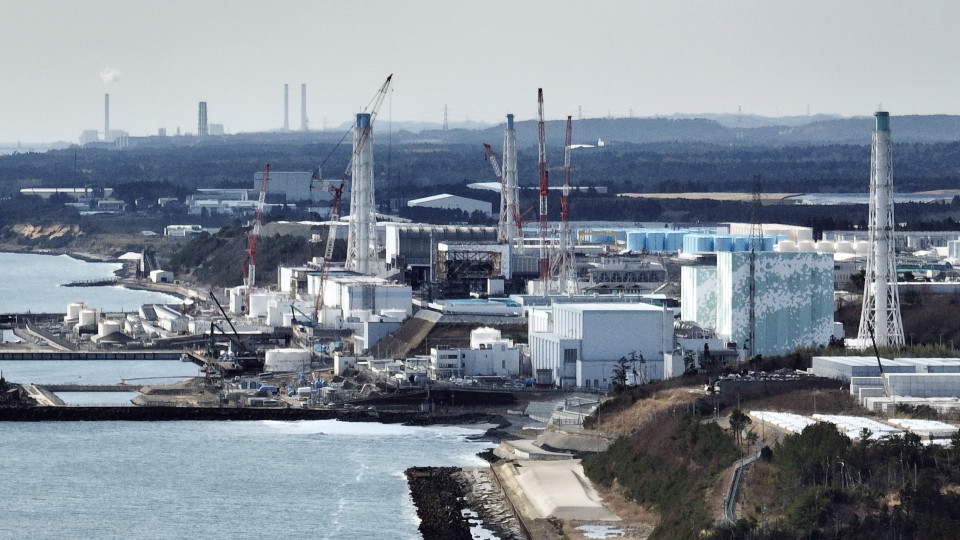China has demanded Japan set up a compensation system for potential economic damage stemming from the release of treated radioactive wastewater from the crippled Fukushima nuclear plant into the sea, diplomatic sources said Tuesday.
Japan has refused the demand, noting that the International Atomic Energy Agency has concluded that the water discharge is safe, but China is unlikely to retract it, according to the sources familiar with bilateral relations.

Senior Chinese officials presented the demand to Japan last year several times through diplomatic channels, the sources said. Beijing has imposed an import ban on all seafood products from its neighbor since the start of the water release in August 2023.
The two Asian countries have been at loggerheads over China's blanket import ban. Japan has urged China to lift the trade restriction soon, but Beijing has accused Tokyo of discharging "nuclear-contaminated water."
In July 2023, the IAEA submitted a report to Japan, concluding that the Fukushima water release aligns with global safety standards and that the discharge would have a "negligible radiological impact on people and the environment."
China, however, has put emphasis on establishing a compensation framework as one of its "three major mechanisms" to deal with the water release issue, along with building its own monitoring system and engaging in dialogue with Japan, the sources said.
With regard to how to check the maritime environment, China has called for an "independent and effective long-term international monitoring arrangement," while Tokyo says it should be carried out through the IAEA.
One of the sources said China may have proposed the creation of the compensation system with the intention of gaining leverage in negotiations with Japan on the water discharge issue.
At their latest face-to-face meeting in San Francisco in November, Japanese Prime Minister Fumio Kishida and Chinese President Xi Jinping agreed to seek ways to resolve the issue "through consultations and dialogue in a constructive manner."
The two leaders also confirmed that discussions would be science-based, Kishida told reporters after the summit.
In January, Japan and China held an online meeting involving Tokyo Electric Power Company Holdings Inc. and the Fukushima plant operator over Beijing's import ban and other issues, but no clear progress was made during the talks, the sources said.
The Fukushima Daiichi nuclear power plant suffered meltdowns following a devastating magnitude-9.0 earthquake and ensuing tsunami in northeastern Japan in March 2011.
Related coverage:
Japan marks 13 years since quake-tsunami, Fukushima nuclear disaster
China's nuclear plants released tritium above Fukushima level in 2022
4th release of Fukushima treated radioactive water begins










